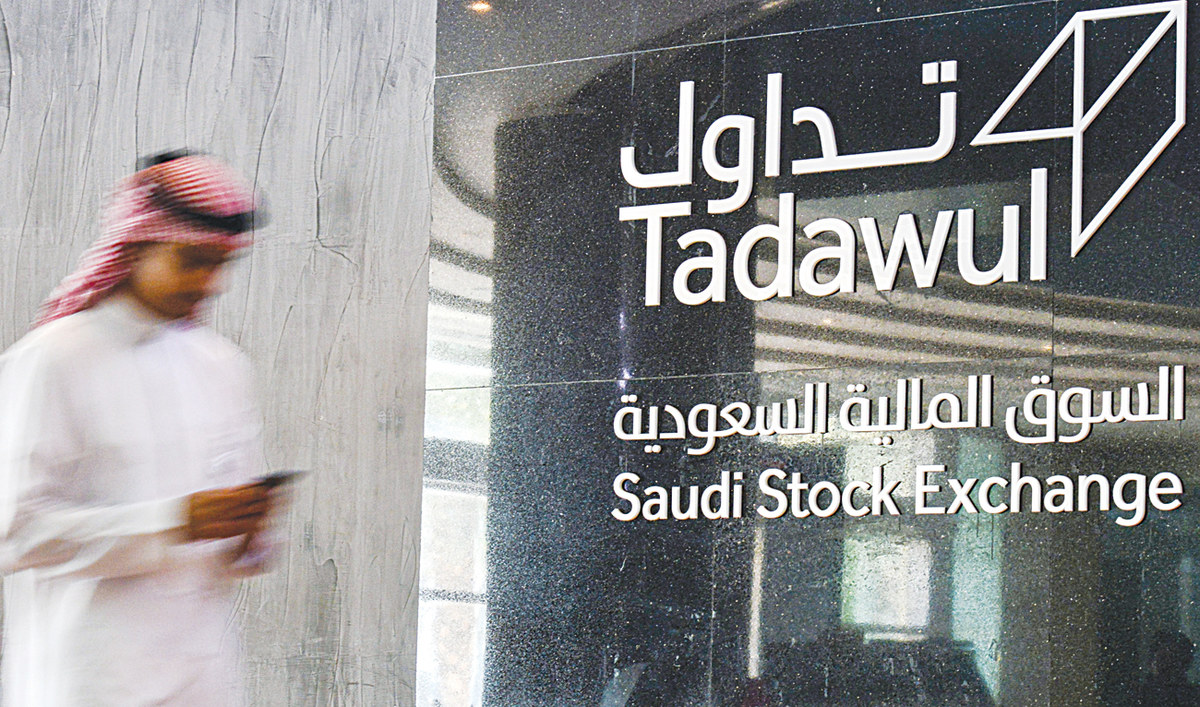A roundup of some of the biggest news stories of the year in the eyes of the Arab world.
FEBRUARY
Pope Francis makes historic visit to the UAE
Pope Francis, the head of the Catholic Church, began a three-day trip to the UAE on Feb. 3, which he described as an opportunity to write “a new page in the history of relations between religions.” He landed at the presidential airport in Abu Dhabi on a Sunday morning, where he was greeted by Abu Dhabi’s Crown Prince Mohammed bin Zayed Al-Nahyan. As part of his trip, Francis attended an interfaith conference, followed by an open-air two-hour mass in Zayed Sports City Stadium, where he was greeted by more than 100,000 people.
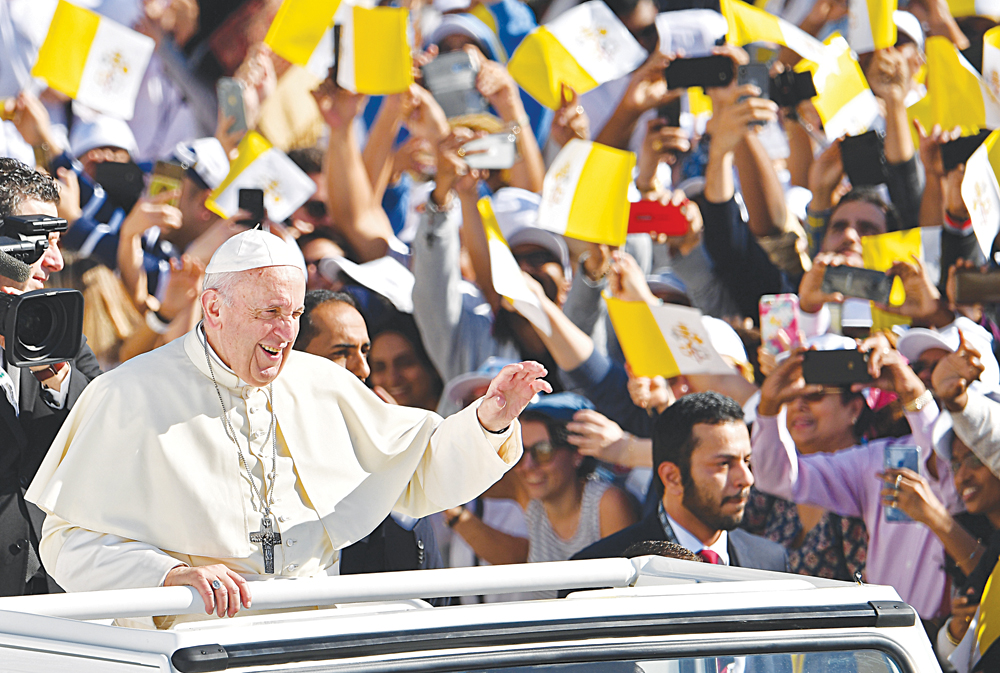
FEBRUARY
Rami Malek wins best actor Oscar for ‘Bohemian Rhapsody’
Rami Malek made history by becoming the first actor of Arab heritage to win the best actor Oscar on Feb. 24 for his performance as Freddie Mercury in “Bohemian Rhapsody.” The 37-year-old actor was best known for his lead role as Elliot Alderson on the TV hit “Mr. Robot,” for which he received an Emmy as best actor in a drama series in 2016. Malek, who was born in Los Angeles to Egyptian immigrants and speaks Arabic, has also won Golden Globe, Screen Actors Guild and BAFTA awards.
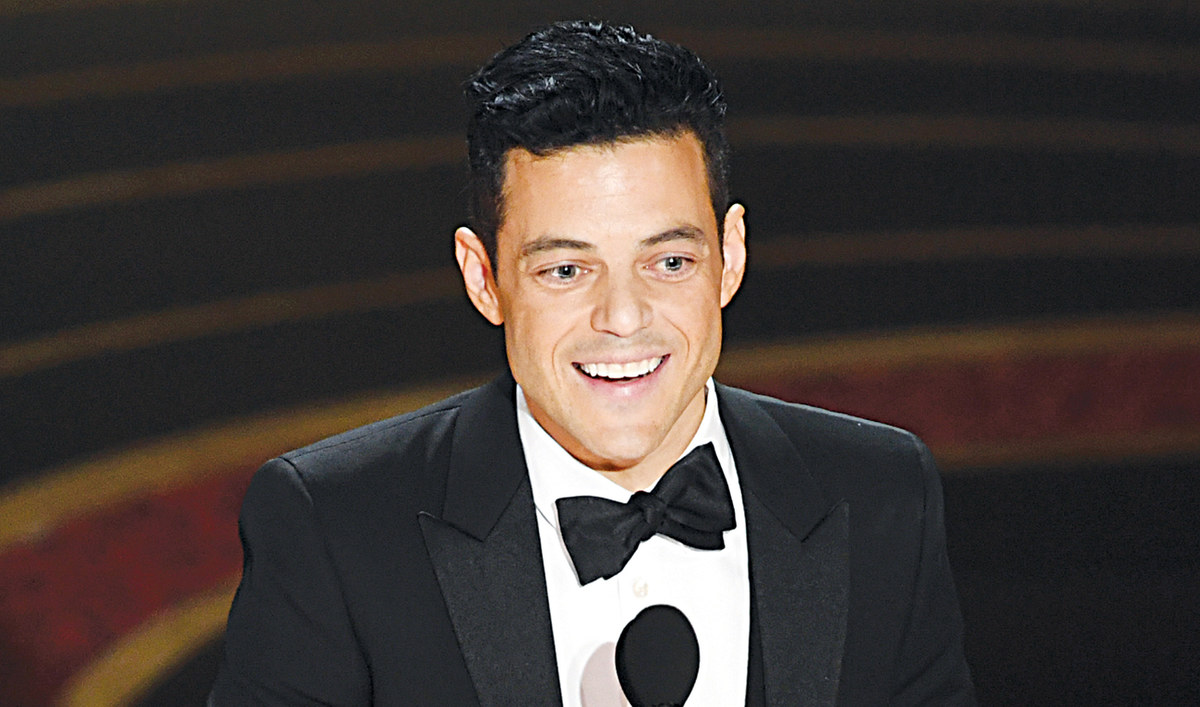
APRIL
Sudan’s president ousted after 30 years in power
After a 30-year dictatorship marked by oppression, war crimes and human right violations, Sudanese President Omar Al-Bashir was ousted on April 11. He came to power in a military coup in 1989, and was later accused by the International Criminal Court (ICC) of genocide. Political unrest gripped Sudan in December 2018, when protests broke out nationwide after price increases were announced for fuel and bread. This turned into a wider call for Al-Bashir and his government to step down. That goal was achieved in 2019 after months of unrest and military intervention.
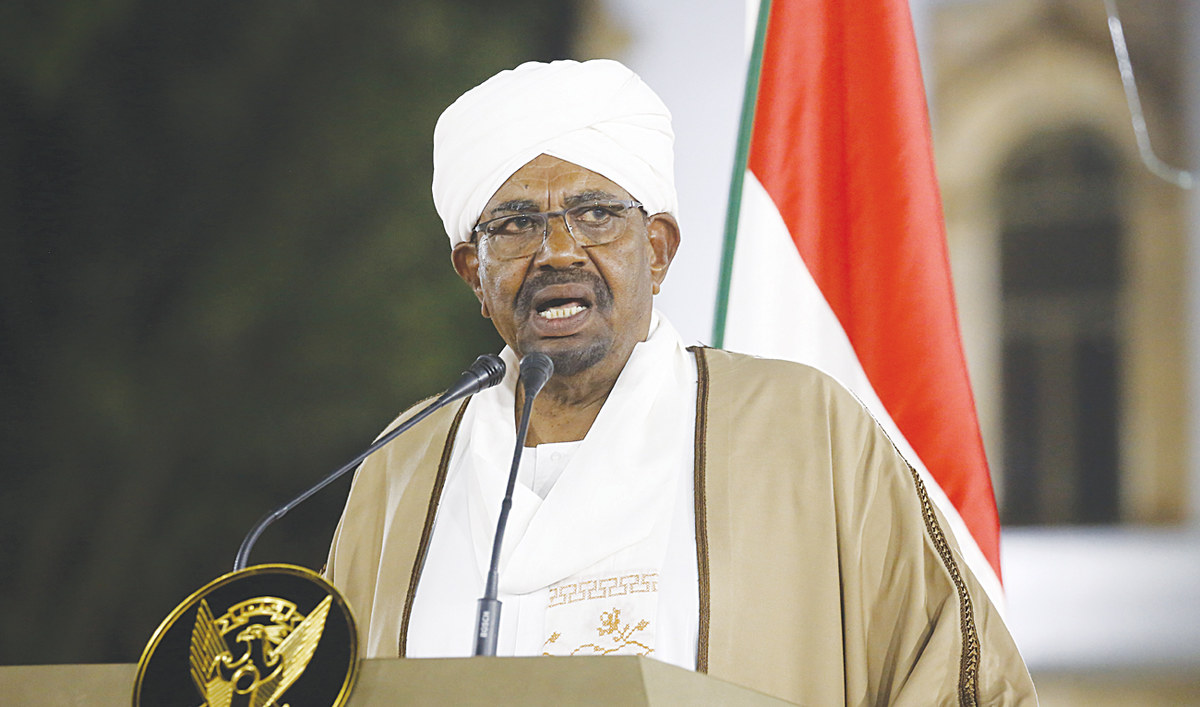
MAY
Saudi Arabia, UAE issue new visa policies
The UAE announced the launch of a new service issuing long-term visas (five to 10 years) for expats from five categories: Investors, entrepreneurs, innovators, specialized talents and outstanding students. The regulatory framework for the visa service was first approved by the UAE Cabinet in March, before coming into effect on May 1. Later, Saudi Arabia launched the Permanent Premium Residency scheme at SR800,000 ($213,000) paid once, and the Premium Residency option at SR100,000 annually in June, allowing expats to do business without a Saudi sponsor, and to buy property and sponsor visas for relatives. The Kingdom also announced that tourist visas will be issued for the first time to visitors from 49 countries worldwide starting Sept. 28.
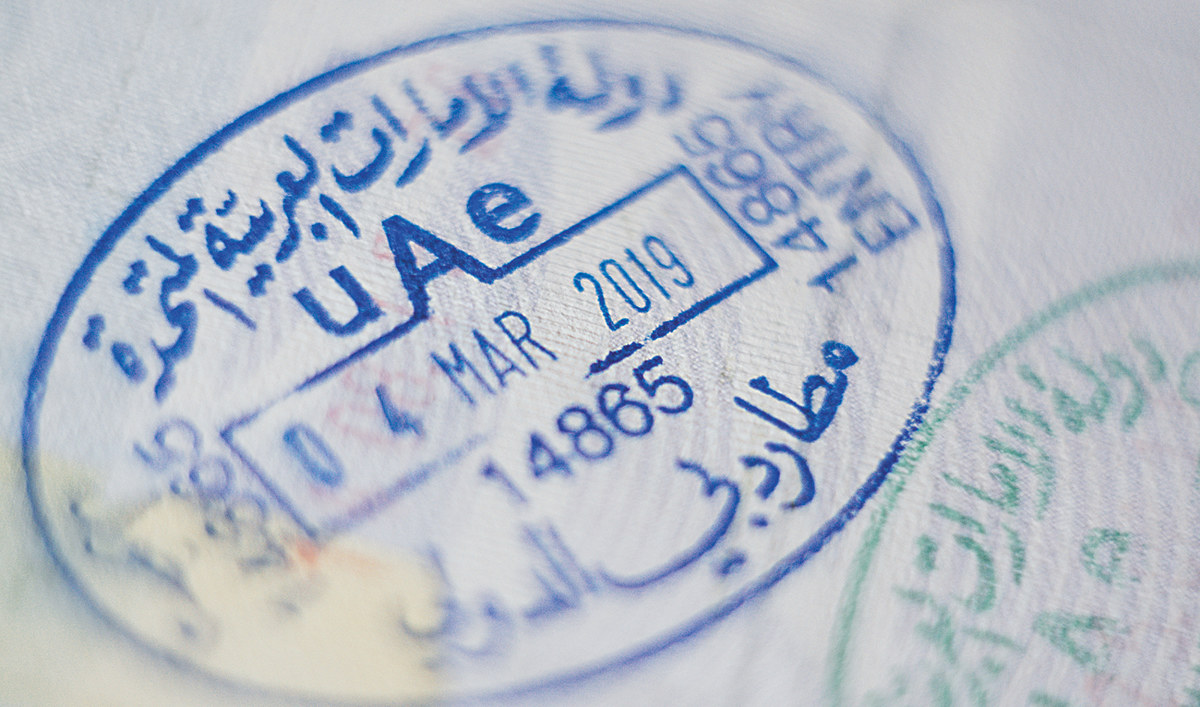

AUGUST
Women welcome easing of Saudi male guardianship law
It was announced on Aug. 1 that a decree signed by King Salman granted women in Saudi Arabia the right to apply for passports and travel independently. According to the decree, every Saudi citizen, regardless of gender, may obtain a passport, with limitation on guardian’s approval to minors only. The decree was written in a gender-neutral manner and does not state any restrictions specific to women. The move is part of a series of reforms Saudi Arabia has introduced, starting with the inclusion of women in the Shoura Council in 2013 to the issuing of driving licenses to women in 2018.
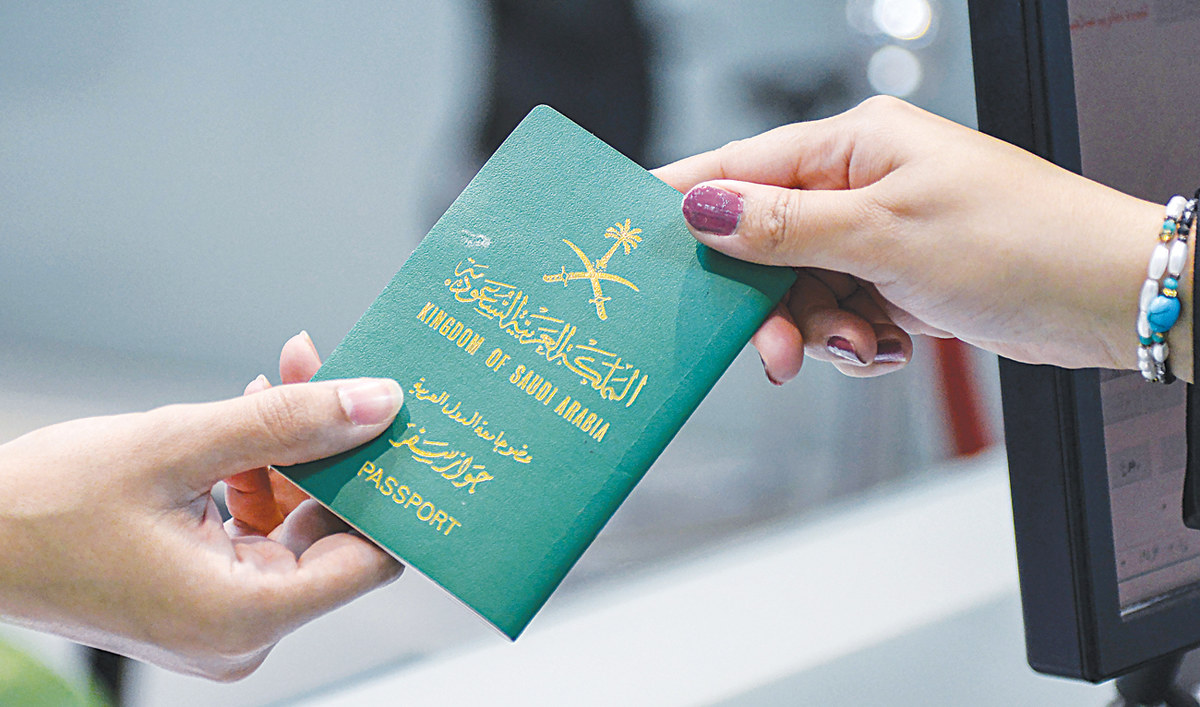
SEPTEMBER
Attacks target Aramco oil facilities in Saudi Arabia
Attacks caused fires in two major Saudi Aramco facilities in the Kingdom, hitting the world’s largest processing plant at Abqaiq, near Dammam in the Eastern province, and the country’s second-largest oilfield at Khurais, about 200 km away. Yemen’s Iran-backed Houthi militias claimed that they carried out the Sept. 22 attacks, which caused an interruption of an estimated 5.7 million barrels in crude supplies and were widely suspected to have been orchestrated by Iran. Countries worldwide strongly condemned the attacks. The Khurais oilfield produces about 1 percent of the world’s oil, while Abqaiq is Aramco’s largest facility, with the capacity to process 7 percent of the global oil supply.
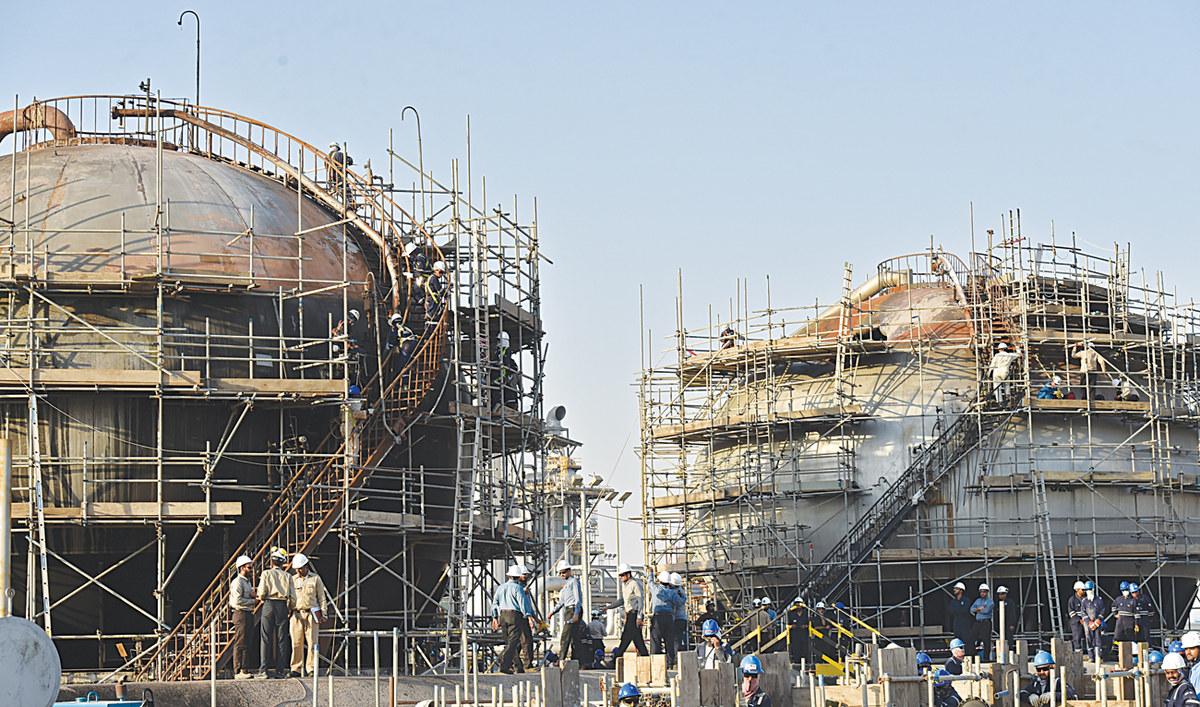
OCTOBER
Lebanon protests prompt Hariri to step down as PM
Lebanese Prime Minister Saad Hariri resigned from his post on Oct. 29 following nearly two weeks of daily mass protests against corruption and a collapsing economy. Nationwide demonstrations had paralyzed Lebanon at a time of deep economic crisis, shutting banks, schools and businesses for more than 10 days. Rallies against the political elite demanded the removal of the government and an end to the sectarian political system. In response, Hariri submitted his resignation and that of his government in a letter handed to President Michel Aoun.
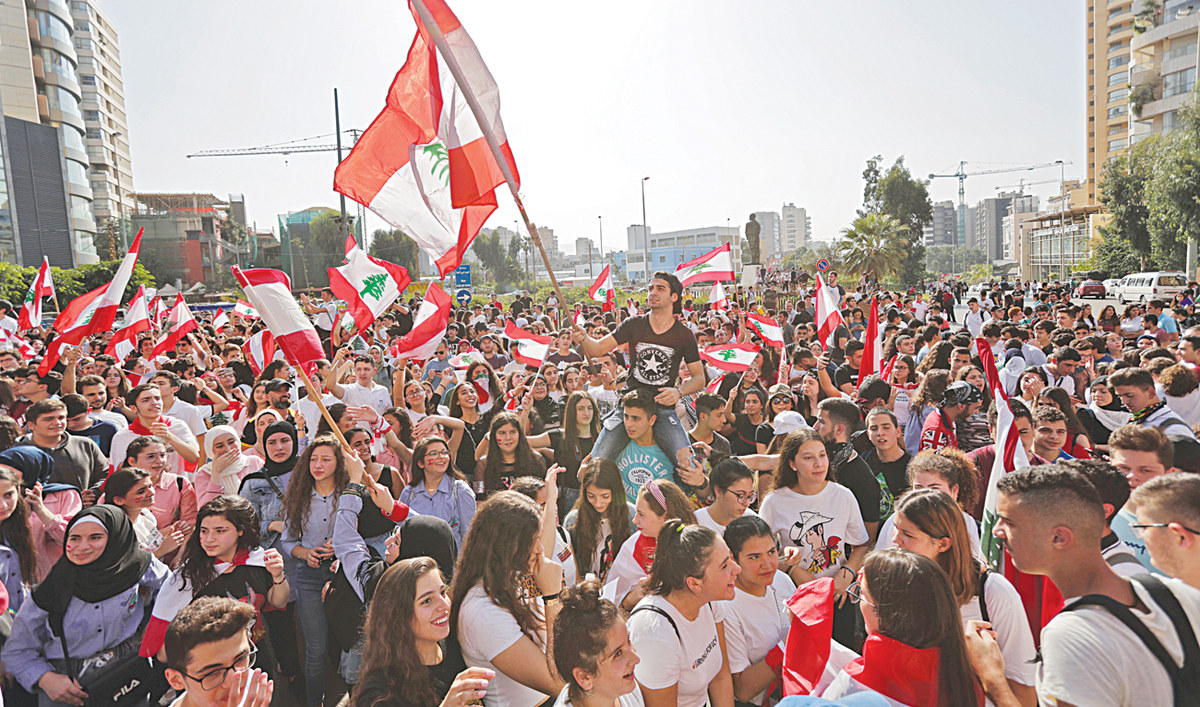
NOVEMBER
Yemeni government and southern separatists sign Riyadh deal
Saudi Crown Prince Mohammed bin Salman hailed “a new period of stability in Yemen” as a power-sharing deal was signed in Riyadh between southern separatists and Yemen’s internationally recognized government. The Nov. 4 agreement calls for the separatist Southern Transitional Council (STC) to be included in any political negotiations to end Yemen’s four-year war, and for all military and security forces to be incorporated into the defense and interior ministries. Yemen’s President Abed Rabbo Mansour Hadi took part in the signing ceremony with STC leader Aidarous Al-Zoubeidi, along with the Saudi crown prince and Abu Dhabi’s Crown Prince Sheikh Mohammed bin Zayed Al-Nayhan.
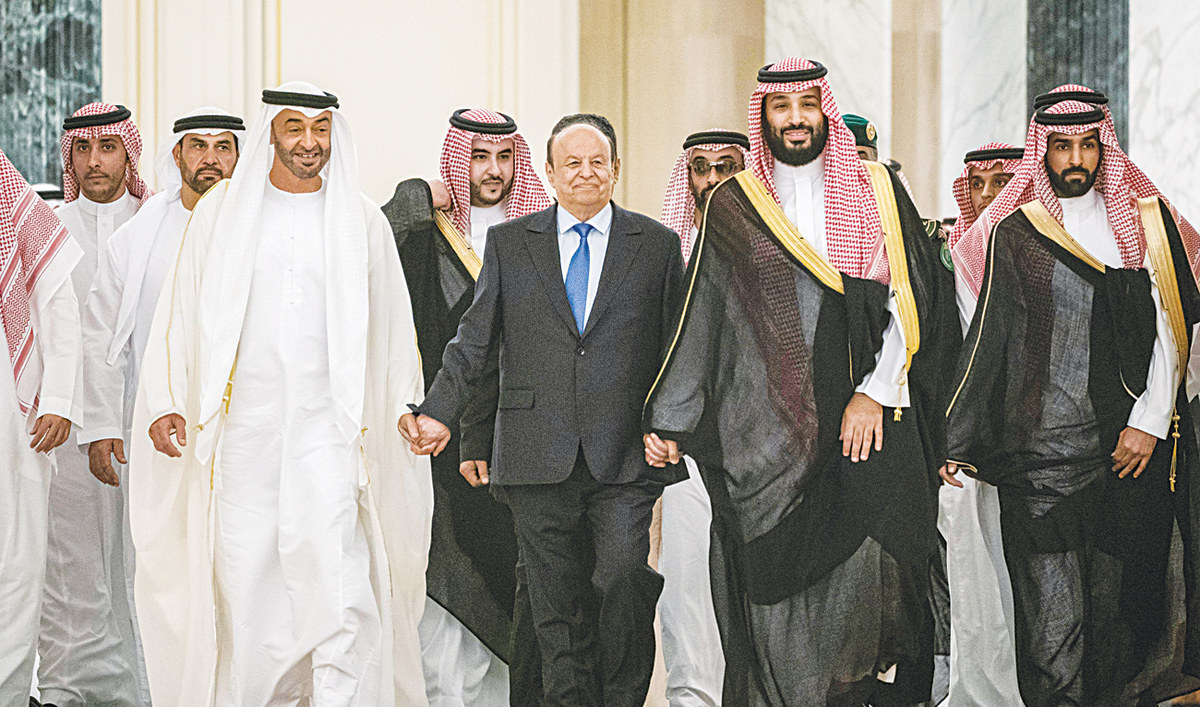
NOVEMBER
Unrest forces Iraqi PM Abdel Abdul Mahdi from office
Months of unrest in Baghdad and southern Iraqi cities culminated in the resignation of Prime Minister Abdel Abdul Mahdi on Nov. 29. Iraqis are demanding sweeping reforms, an end to corruption and a check on Iran’s influence. About 460 people have been killed and 25,000 wounded, most of them protesters, since the youth-led rallies erupted on Oct. 1. Protesters accuse pro-Iran armed factions of playing a role in the killings and abductions.
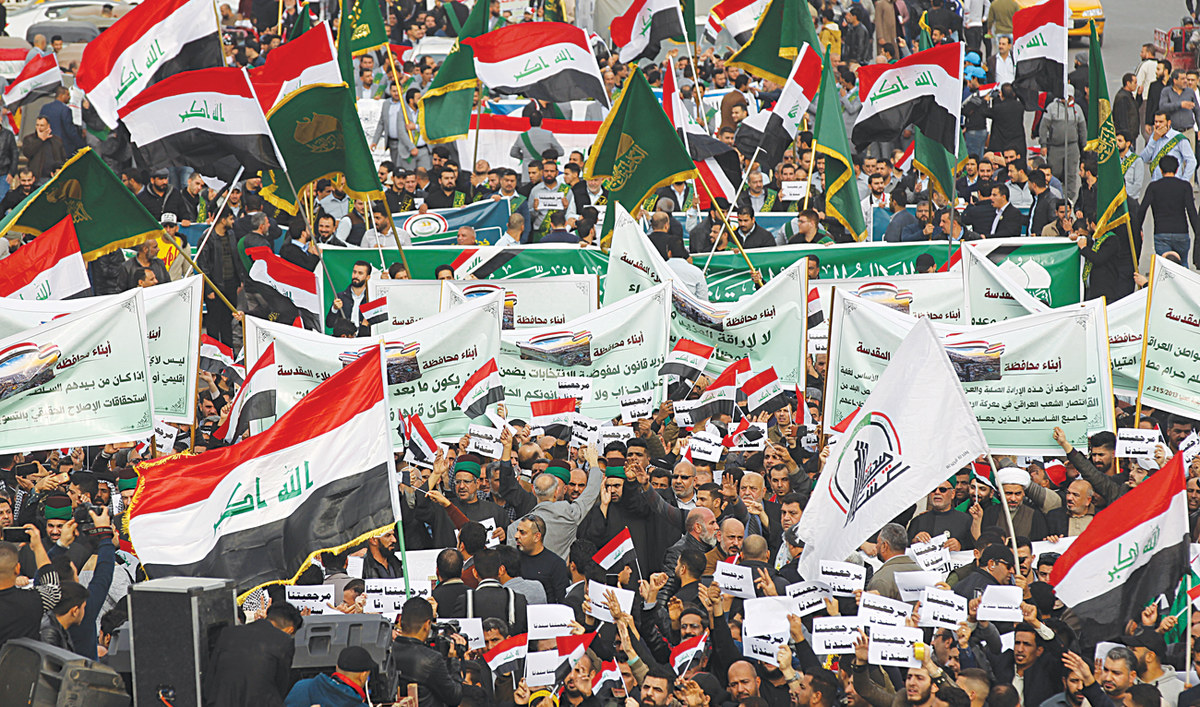
DECEMBER
Aramco lists shares on Saudi Stock Exchange
Saudi Aramco shares made their stock market debut on Dec. 11, rising to the maximum allowed 10 percent over the listing price. The stocks advanced to SR38.70 ($10.32), up from the initial public offering price of SR32, hitting the daily limit permitted by the Saudi Stock Exchange (Tadawul) and giving the company a valuation close to the coveted $2 trillion. Aramco became the world’s most valuable listed company, more than the top five oil companies combined.
